As an AI engineering student, I have had the privilege of gaining insights into the cutting-edge technologies developed by various companies working with AI. The rapid advancements in artificial intelligence have sparked discussions and concerns about the potential impact on the job market. In this article, we will explore various job roles and their potential susceptibility to replacement by AI in the future.
1.AI in Manufacturing and Automation :
One of the areas where AI has already made significant inroads is in manufacturing and automation. Repetitive tasks on assembly lines, quality control, and material handling have been streamlined with the implementation of AI-powered robots. While this has led to increased efficiency and reduced errors, it has also raised concerns about the displacement of human workers.
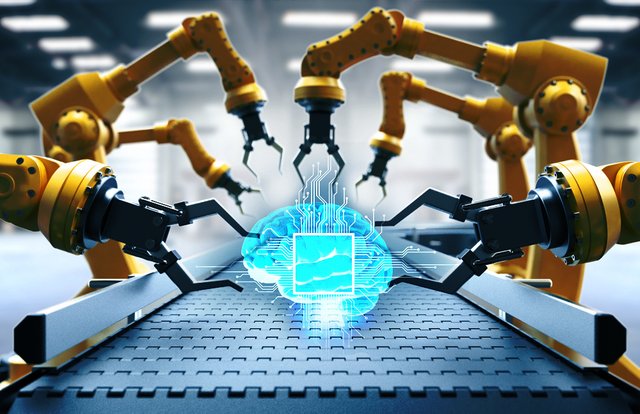
2.AI in Transportation and Logistics :
The transportation and logistics industry is witnessing a transformation with the advent of autonomous vehicles and drone delivery systems. AI's ability to analyze vast amounts of data and make real-time decisions has the potential to revolutionize the way goods are transported. However, this transformation could also lead to job losses in driving and related fields.
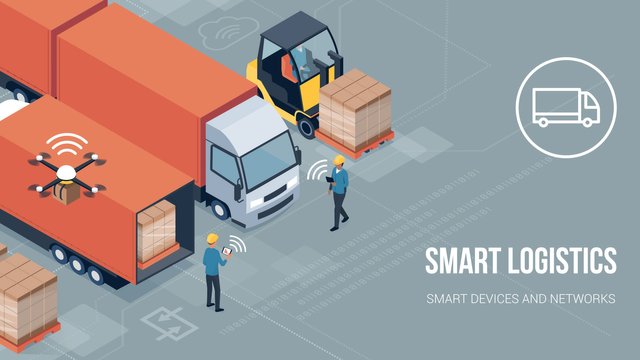
3.AI in Customer Service :
AI-powered chatbots and virtual assistants have become commonplace in customer service interactions. These AI systems can handle basic customer queries, process complaints, and provide information quickly and efficiently. While they enhance customer experiences, they also have the potential to replace human customer service representatives in routine tasks.
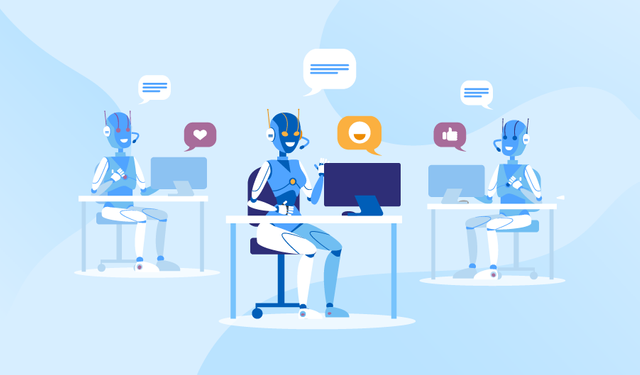
4.AI in Data Entry and Analysis :
Data entry and analysis are essential tasks across various industries. AI algorithms have shown remarkable capabilities in processing large datasets, identifying patterns, and drawing meaningful insights. As AI continues to improve, jobs involving basic data entry and analysis might be at risk of being automated.

5.AI in Healthcare :
The healthcare sector has seen significant advancements with the integration of AI technologies. AI-powered systems can analyze medical images, assist in diagnosis, and even recommend treatment plans. While this augments healthcare professionals' capabilities, it also raises concerns about the potential replacement of certain roles in medical imaging and diagnostics.
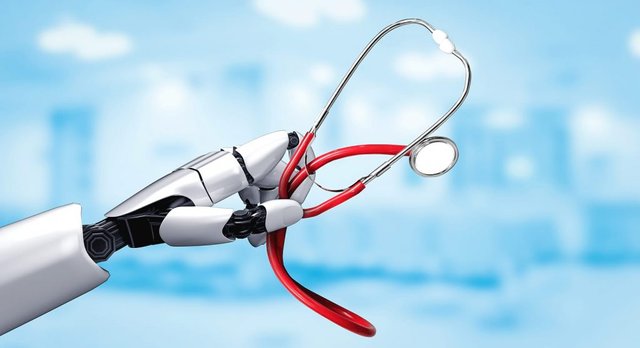
6.AI in Finance and Accounting :
In the finance and accounting sector, AI algorithms have been employed for tasks such as fraud detection, risk assessment, and automated bookkeeping. These applications have increased accuracy and efficiency, but they may also reduce the demand for certain manual accounting roles.
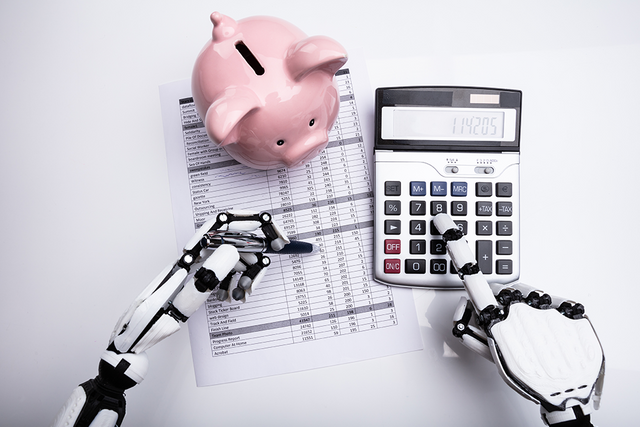
7.AI in Creativity-Driven Fields :
While AI has shown remarkable progress in various industries, there are certain job roles that are unlikely to be fully replaced. Jobs that require complex creativity, emotional intelligence, and empathy, such as artists, writers, therapists, and certain managerial positions, are likely to remain in demand.

To conclude with, The rapid advancement of AI technology is undoubtedly reshaping the job landscape across various industries. While AI has the potential to replace certain repetitive and data-driven roles, it also opens up new opportunities and demands the development of complementary skills. As the technology continues to evolve, it is crucial for individuals and organizations to adapt and embrace these changes to thrive in the era of AI. By fostering a symbiotic relationship between humans and AI, we can harness the full potential of this transformative technology while ensuring a sustainable and prosperous future for the workforce.